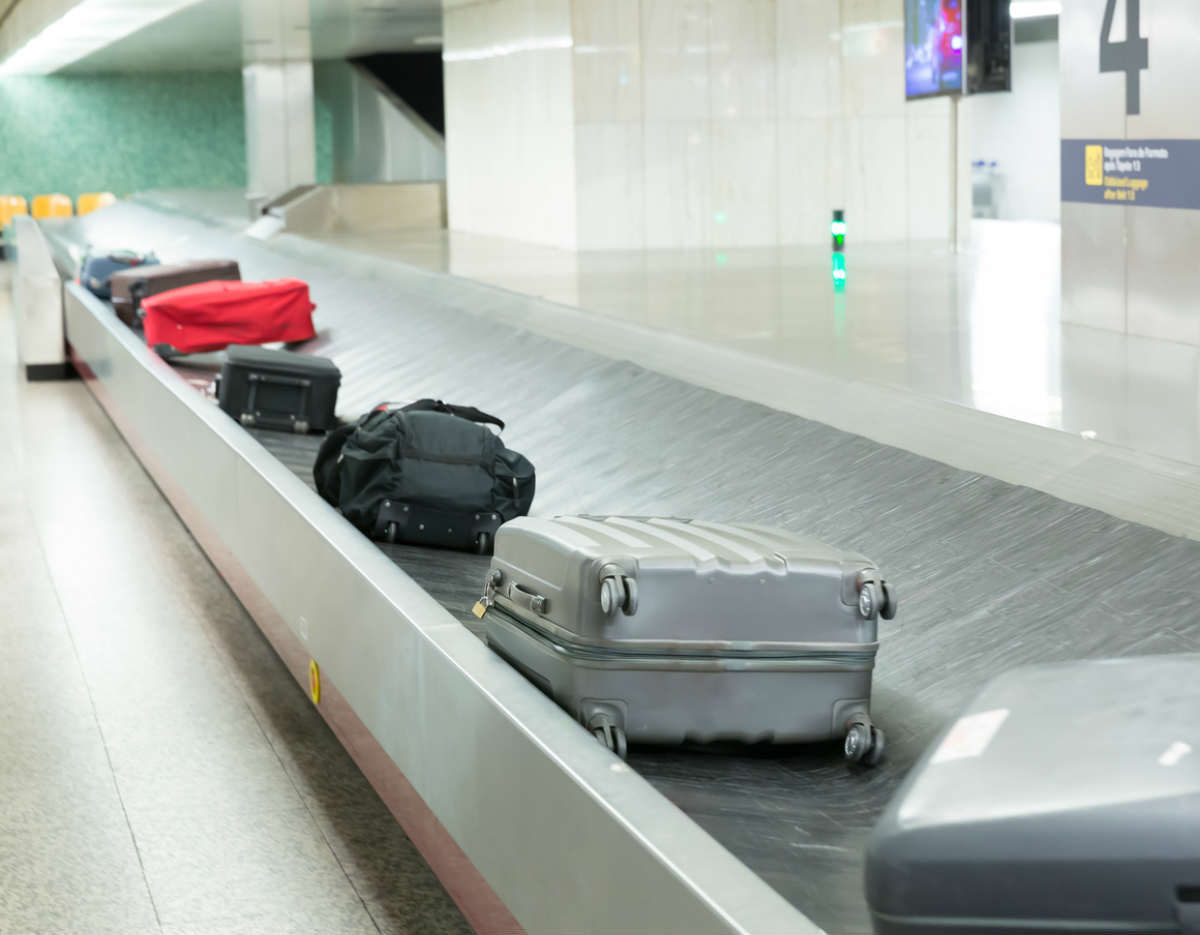St. Louis baggage handlers are often susceptible to work-related injuries due to the nature of their job.

Workplace injuries are particularly common among workers who have to lift and carry heavy weights as a part of their job. Baggage handlers are one such class of workers who are susceptible to various injuries due to the nature of their work.
According to a report published in USA Today, American commercial airlines handle over 30 million checked bags every month. Transporting baggage safely one location to another is an important aspect of the airline industry. However, despite significant advances in technology, the most difficult and labor intensive part of handling luggage is still done by workers who must lift, move, and transfer heavy bags. Experts believe proper ergonomics in the workplace can significantly lower the injury risk to baggage handlers.
Risks involved in manual baggage handling
According to the Occupational Safety and Health Administration there are several risk factors facing baggage handlers. These include:
- Incorrectly balanced loads
- Falling baggage
- Cramped or confined spaces such as aircraft cargo holds
- Heavy or oversized luggage
- Repetitive stress from long work shifts
- Excessive work pace during busy hours
In many situations, such as when working on a ramp, baggage handlers face all of the aforementioned risks.
Ergonomics for better worker safety
Ergonomics is the science of safe and efficient movement in the work environment. This science can be applied to a wide variety of jobs ranging from sedentary office work to labor intensive tasks such as professional sports and assembly line jobs. Good ergonomic practices can help lower injury rate among baggage handlers at airports.
Many baggage handlers suffer from lower back pain as a result of the work they do. Ergonomic improvements can help bring down the high rate of work-related back pain.
OSHA guidelines for baggage handlers
OSHA has issued guidelines for safe baggage handling, which include rules on correct lifting. Some of these guidelines include:
- Workers should never reach or twist while handling a piece of luggage
- Workers should lift baggage gradually from the knees without lunging or twisting
- Throwing or catching bags on the ramp should be avoided as it can cause severe injuries
- All bags weighing over 50 pounds should be labeled with a high visibility sticker or tag
Our St. Louis work injury lawyers believe that airlines and airports that have implemented ergonomic changes are less likely to face costs associated with worker injuries. Proper ergonomic practices are good for both workers and the employers, because they save workers from injuries and employers from unnecessary costs.
Workers compensation benefits for injured baggage handlers
If you are a St. Louis baggage handler who has been injured at work, you may be entitled to workers compensation benefits to cover your medical expenses and lost wages. Give us a call today at (314) 361-4300 to schedule a free consultation and learn more about your legal rights in the state of Missouri.
Workers & Industry
Workers | Industry
Airline Injuries
Auto Mechanic Injuries
Baggage Handler injuries
Bricklayer Injuries
Building Construction Injury
Carpenter Injury
Chemical Plant Accident
Coal Mining Accident
Commercial Food Industry Work Injury
Commercial Truck Accident
Concrete Worker Accident
Construction Accident
Cosmetologist Work Injury
Electric Company Workers Injured
Injured Electrical Worker
Electrician Accident
Elevator Worker Accident
Factory Accident
Farm Accident
FedEx Truck Accident
Firefighter Injuries
Processing Plant Injuries
Government Workers Comp
Healthcare Injuries
Injured Work From Home
Hospital Work Injury
Hotel Workers Injuries
Industrial Workplace Accidents
Iron Worker Accident
Janitor Injuries
Union Worker Accidents
Laboratory Accident
Manufacturing Injuries
Meat Packing Injuries
Metal Fabrication Accidents
Mining Accident
Working Multiple Jobs
Nail Salon Work Injury
Work-Related Accidents on Night Shift
Nurse Injured at Work
Nursing Home Workers Injury
Office Accident
Oil Field Injury
Outdoor Workers Injured
Pipe Fitter Occupational Injury
Plumber Accident
Post Office Accident
Poultry Work Injury
Public Safety Officer Injuries
Railroad Worker Injuries
Recycling Plant Accidents
Restaurant Injury
Retail Accidents
Road Construction Accident
Roofing Accident
Sanitation Worker Injuries
Seasonal Worker Injured
Security Accident
Sewer Accidents
Summer Job Work Injury
Teacher Injured
Textile Mill Accidents
Transit Workers Accident
Truck Driver Injuries
Underground Mining Accidents
Utility Worker Accident
Veterinarian Injured
Warehouse Injuries
Window Cleaner Accident
